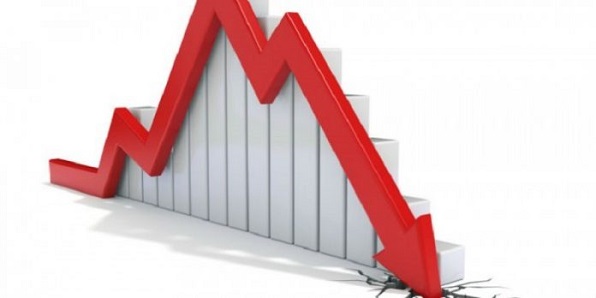The International Monetary Fund (IMF) is projecting a year-end inflation rate of 15% for 2024.
This comes on the heels of a substantial reduction in year-on-year inflation, plummeting from 53.6% in January 2023 to 23.2% by December 2023.
The IMF’s optimistic forecast extends beyond 2024, with expectations of an 8% end-of-year inflation for the subsequent years – 2025, 2026, and 2027. This signals a notable deceleration in the pace of rising prices, marking a positive trend for the nation’s economic landscape.
Driving this downturn, food inflation emerged as a key player, showcasing a commendable decrease from 32.2% in November 2023 to 28.7% in December 2023. Non-food inflation also witnessed a decline, sliding from 21.7% in November 2023 to 18.7% in December 2023.
Distinguishing between locally produced and imported items, inflation rates stood at 23.8% and 21.9%, respectively, for December 2023. These nuanced figures underscore the intricate dynamics at play within Ghana’s inflationary landscape.
Notably, certain economic divisions outpaced the national average, with Alcoholic Beverages, Tobacco, and Narcotics leading at 38.2%, followed by Personal Care, Social Protection, and Miscellaneous Goods and Services at 31.1%.
Other divisions contributing to the higher-than-average inflation rates include Food and Non-Alcoholic Beverages (28.7%), Restaurants and Accommodation Services (28.0%), Furnishings, Household Equipment, and Routine Household Maintenance (26.9%), and Recreation, Sports, and Culture (24.9%).
The Ghana Statistical Service figures underpinning these analyses paint a vivid picture of the nation’s economic dynamics, revealing both challenges and encouraging signs. As Ghana navigates its economic landscape, the IMF’s projections offer a glimmer of hope, suggesting a gradual easing of inflationary pressures in the years ahead.





